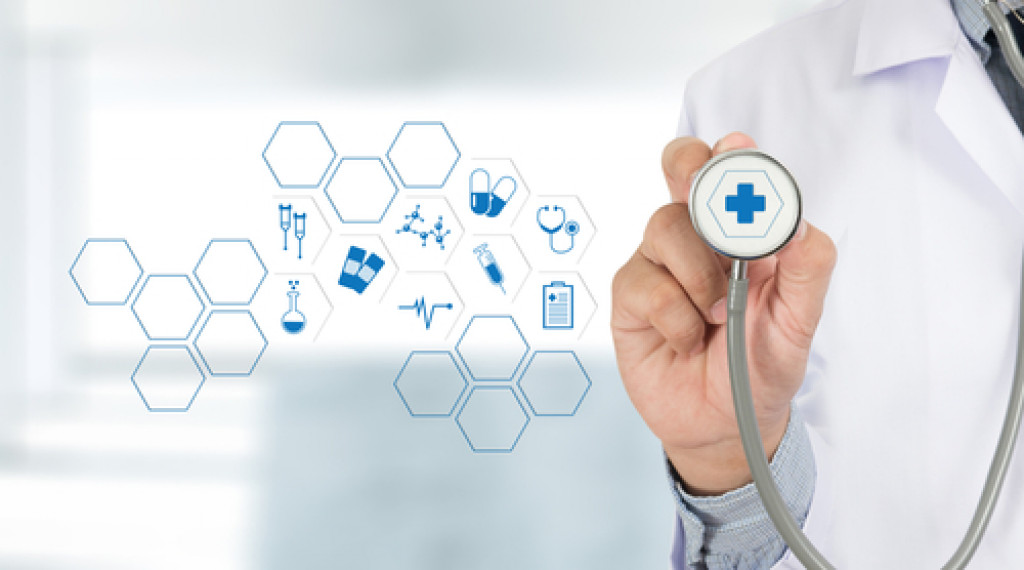- Technology has revolutionized the healthcare industry, leading to exponential growth and transformation.
- Telemedicine allows for remote consultations, eliminating the need for hospital physical visits.
- Robotics-assisted surgery increases precision and reduces recovery times.
- AI-assisted diagnosis aids in predicting outcomes and finding effective treatment plans.
- Wearable technology makes monitoring chronic conditions more manageable and can lead to early interventions.
You know that the healthcare industry has constantly been evolving, but in recent times, people have seen exponential growth and transformation. Thanks to the advancements in technology, medical professionals can now provide a more accurate diagnosis and treatment plan for patients.
AI, machine learning, and robotics have played a significant role in these developments. This blog post will explore cutting-edge advancements in the medical field that have revolutionized the whowthcare operates.
Telemedicine
With the advent of telemedicine, patients can consult with doctors and specialists remotely. Virtual consultations have minimized the need for physical visits to the hospital, which, in turn, reduces the risk of exposure to infections and viruses. Telemedicine also eliminates patients needing to take a day off from work or travel long distances for medical check-ups or follow-up appointments.
Robotics-Assisted Surgery

In the past, surgeries were often associated with long recovery times, but robotics-assisted surgeries have significantly reduced recovery times. Surgeons now use robots to perform complex surgical procedures that were once considered impossible. Robotic assistance ensures greater precision, reduces the risk of human errors, and helps surgeons perform complex operations with minimal damage to healthy tissue.
AI-Assisted Diagnosis
Artificial intelligence is helping medical professionals in the diagnosis of illnesses. AI algorithms analyze images, scans, and medical records to predict possible outcomes and recommend the most effective treatment plan.
AI-assisted diagnosis has proved invaluable in the fight against cancer. By analyzing large datasets of medical records, researchers can identify trends and patterns leading to cancer treatment breakthroughs.
Wearable Technology
Wearable technology has made monitoring chronic conditions such as hypertension and diabetes more manageable. Smartwatches and fitness trackers can track vital signs, monitor blood sugar levels, and alert physicians of significant changes. Monitoring chronic diseases in real time allows for early interventions, which, in turn, could reduce the risk of emergency hospitalization.
Cutting-Edge Medical Products
There are several revolutionary medical products in the market today, each of which has contributed to improving healthcare services. Here are some of the most notable advancements:
3D printed prosthetics
Until recently, getting a prosthetic was lengthy and could take weeks or even months. 3D printing technology makes manufacturing prosthetics more efficient, quicker, and accessible. 3D printing allows doctors to create and customize prosthetics that are tailor-made for each patient’s needs more efficiently.
There is no need for bulky tools or equipment, and these prosthetics can be created in hours. This technology has made prosthetics more affordable, even for those individuals without extensive health insurance coverage, making them accessible to anyone who needs them.
Polyethylene Adhesive Film

Polyethylene adhesive film is a revolutionary product that is widely used in the field of medicine today. The film is a specialized tape made from strong, flexible, and waterproof material. It creates an effective barrier between the body and the outside environment, sealing wounds and protecting the skin from irritations and damage.
This product is suitable for all skin types and provides an excellent alternative to traditional wound dressings that can be inconvenient, painful, and time-consuming to replace.
Insulin Patches
Another breakthrough medical product is the insulin patch. This product is a game-changer for diabetic patients, offering a convenient and accessible way to check their blood sugar levels. The insulin patch is a small wearable device worn discreetly under clothing.
It delivers a small insulin dose into the bloodstream through the skin, regulating blood sugar levels without requiring multiple injections daily. This product benefits patients, particularly those with a busy lifestyle who find it challenging to maintain routine treatment.
Smart Pills
Smart pills are another exciting medical product that can transform the healthcare industry. These tiny pills contain an electronic chip that can transmit information to a doctor or healthcare professional.
They can detect and record a patient’s vital signs and medication adherence. As a result, when patients need treatment, doctors can make more accurate and informed decisions, ultimately providing more effective care.
Final Thoughts
The medical field has seen significant technological advancements revolutionizing healthcare delivery. Patients can now receive more accurate diagnoses and effective treatments thanks to telemedicine, robotics-assisted surgery, AI-assisted diagnosis, and wearable technology. As technology advances, you can expect even more groundbreaking developments in the medical field that will further improve patient outcomes and save lives.
